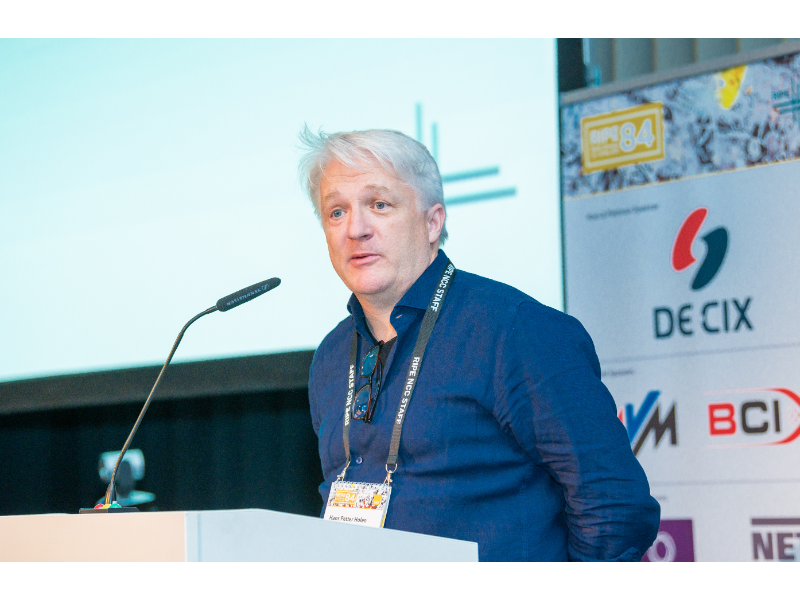- RIPE NCC is enhancing security and adapting to complex regulations while aiming for sustainable growth, including carbon emissions reductions and diversity.
- CEO Hans Petter Holen highlights challenges like cyber threats, high-risk transactions, and managing a workforce spanning over 45 nationalities.
What happened: How RIPE NCC will tackle security, diversity, and sustainability in 2025
In RIPE NCC (Réseaux IP Européens Network Coordination Centre) staff presentation which was published on RIPE NCC’s official Youtube channel on December 9, RIPE NCC’s CEO, Hans Petter Holen, outlined how the organisation is adapting to ensure sustainable growth and security. RIPE NCC, a key entity in the management of IP addresses and internet infrastructure in Europe, has undergone significant strategic adjustments to maintain its relevance and efficiency.
Holen emphasised the importance of a diverse and highly skilled workforce, highlighting that the organisation now employs individuals from over 45 nationalities. This diversity is central to their culture and approach to problem-solving. However, managing such a vast team requires clear policies and robust legal and financial frameworks to navigate complex regulatory landscapes, such as the upcoming EU regulations on pay equity and carbon emissions reporting.
Also read: RIPE NCC Billing Procedure 2025: What you need to know
Also read: RIPE NCC responds to the Taipei Representative Office’s complaint
At the core of RIPE NCC’s operational changes is an enhanced focus on security, driven by the growing number of cyberattacks linked to geopolitical tensions. Holen made it clear that although achieving 100% security may be unrealistic, proactive measures are being implemented to prevent data breaches and to minimise the impact of any security incidents. This includes 24/7 monitoring of their infrastructure and improvements in identity management practices to secure sensitive information.
Financially, the organisation is prioritising cost management and financial efficiency. A major challenge is handling transactions with high-risk countries, particularly those subject to international sanctions. In response, RIPE NCC is refining its financial systems and focusing on smart budgeting to mitigate risks related to these regions.
The organisation is also planning for long-term sustainability. Holen revealed that the current office lease in Amsterdam expires in 2026, prompting discussions about potential relocations or a continuation of their presence in the city. With an eye on future growth, Holen confirmed that strategic planning for the period from 2027 to 2031 is already underway, with engagement from stakeholders to ensure that the organisation’s direction aligns with the needs of the global internet community.
Why this is important
RIPE NCC’s approach offers a valuable case study in how organisations in critical sectors can thrive amid regulatory pressures and global challenges. As cyber threats intensify and new regulations emerge, especially in Europe, it is essential for institutions like RIPE NCC to remain agile and responsive.
The decision to bolster diversity within the workforce is another key takeaway, particularly in an industry that often grapples with a lack of representation in technical roles. By promoting a diverse, inclusive culture and focusing on talent management, RIPE NCC ensures it can attract the brightest minds globally. Yet, questions arise: Can this level of diversity truly be sustained in an industry with significant competition for talent? Will regulatory changes impact RIPE NCC’s ability to maintain its inclusive hiring practices?
Additionally, Holen’s focus on sustainability, including carbon emission reductions and financial accountability, aligns with broader societal trends towards corporate responsibility. However, with limited time to prepare for the expiration of their Amsterdam lease and the challenges of carbon reporting regulations looming, is their timeline for change ambitious enough—or possibly too ambitious?
By strategically navigating these complex issues, RIPE NCC sets a strong example for other institutions in the tech and infrastructure sectors to follow. But as they tackle such a wide array of priorities, the question remains: Will they have the capacity to meet these goals without compromising on their core mission of managing Europe’s internet infrastructure?

